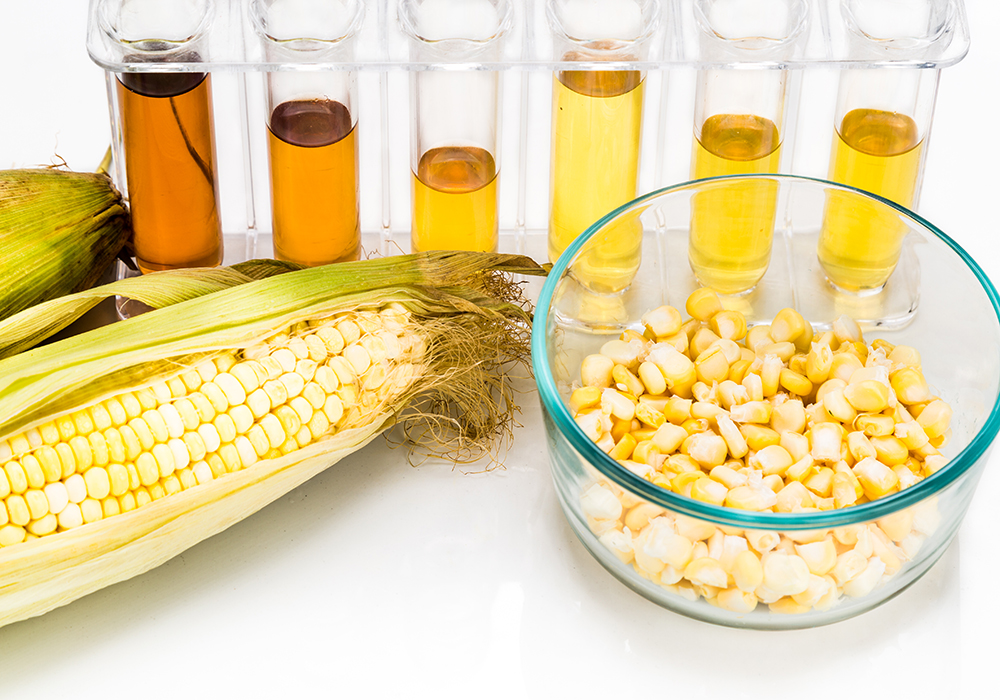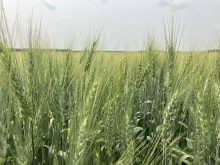Ottawa will share details in early 2021 about new financial incentives for farmers aimed at reducing greenhouse gas emissions in the country’s agriculture sector, according to government sources.
In a recent email to The Western Producer, a spokesperson with Environment and Climate Change Canada (ECCC) said several new or expanded federal programs aimed at agricultural producers and land managers are expected to be developed or launched in 2021.
The federal programs include:
• The establishment of a $185 million Natural Climate Solutions for Agriculture Fund aimed at accelerating the adoption of carbon sequestering activities, such as the use of cover crops or shelterbelts.
Read Also

Farming Smarter receives financial boost from Alberta government for potato research
Farming Smarter near Lethbridge got a boost to its research equipment, thanks to the Alberta government’s increase in funding for research associations.
• A seven-year, $165-million initiative aimed at helping the agriculture industry to develop and adopt transformative clean energy technologies.
• The establishment of a $1.5 billion Low-Carbon and Zero-Emissions Fuel Fund aimed at kick-starting domestic biofuel production capacity.
• The development of a $631 million program aimed at preserving or restoring sensitive wetland or grassland habitats.
Ottawa also plans to roll out energy efficiency grants for residential and commercial building retrofits.
It is also proposing the formation of a national Greenhouse Gas Offset System that has opportunities for “agriculture to be recognized for carbon sequestration” through the use of carbon credit revenues.
The programs are part of a controversial climate change mitigation plan entitled “A Healthy Environment and a Healthy Economy” that was unveiled by Ottawa on Dec. 11.
That plan also includes an expanded carbon tax program that will see Ottawa’s backstop carbon tax rate increase by $15 per tonne per year beginning April 1, 2023, reaching a maximum of $170 per tonne by 2030.
“Some of the work in this plan will begin immediately, to ensure key actions can start right away,” ECCC spokesperson Cecilia Parsons said in an email to The Western Producer.
“Other measures (including the $631 million program for wetland and grassland restoration) require engagement with provinces and territories, Indigenous partners, stakeholders and with Canadians.”
Ottawa’s plan to reduce greenhouse gas emissions and increase carbon taxes has created frustration and resentment in many parts of the agriculture sector.
Specifically, Ottawa’s plan to increase the default carbon tax rate to $170 per tonne of CO2 equivalent by 2030 prompted widespread derision among many western farmers and ranchers.
Some observers in the agriculture industry say the establishment of a national Greenhouse Gas Offset System would help to ease the financial burden associated with the carbon tax increase and would reward farmers, ranchers and land managers for carbon sequestering activities that have already been implemented.
“Canada’s farmers take the sustainability of our natural resources very seriously,” the ECCC email said.
“The intensity of agricultural emission has decreased by 50 percent between 1997 and 2017. This has been made possible by the adoption of carbon-sequestering soil conservation practices like no till and crop rotation.”
“Farmers are providing solutions to the fight against climate change, because they know increasing environmental action on-farm is good for business and necessary for the long-term viability of farming.”
Ottawa did not say how much additional tax revenue would be generated through a $15 per tonne annual increase in carbon pricing.
“Future proceeds from the federal carbon pollution pricing system will depend on a number of factors, including which provinces and territories choose to implement their own systems, where the
federal system applies, and how the Canadian economy responds to carbon pricing,” Parsons wrote.
“At this stage, the price trajectory for the 2020-2030 period is a proposal that the federal government will be discussing with provincial and territorial governments and Indigenous representatives.”
When asked why primary producers in Western Canada would support a plan that could cost individual producers tens of thousands of dollars per year, Ottawa said the federal carbon tax is designed to “minimize cost impacts on farmers and create economic opportunities, for example through carbon offsets.”
“Most GHG emissions are either not covered by carbon pricing… or get relief from carbon pricing,” Parsons said.
“Canada’s strengthened climate plan also includes support for farmers and food businesses to continue to develop and implement clean practices that reduce greenhouse gas emissions.”
The majority of tax dollars collected through the federal fuel charge on non-exempt fossil fuels in Ontario, Manitoba, Saskatchewan and Alberta will be returned to individuals and households through the Climate Action Incentive payment, she added.
The remainder will be returned to targeted sectors including small businesses, cities, hospitals, schools and Indigenous communities.
Information regarding average carbon tax rebates can be viewed online here.
Contact brian.cross@producer.com


















